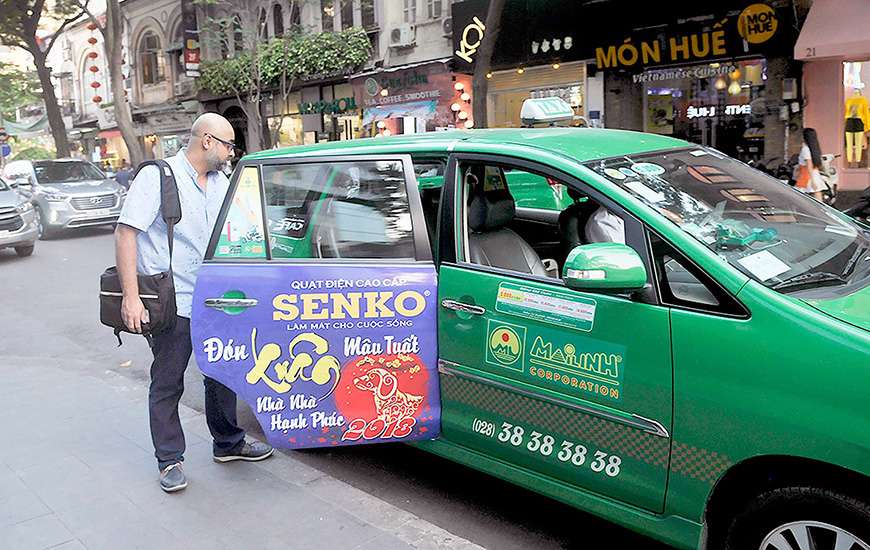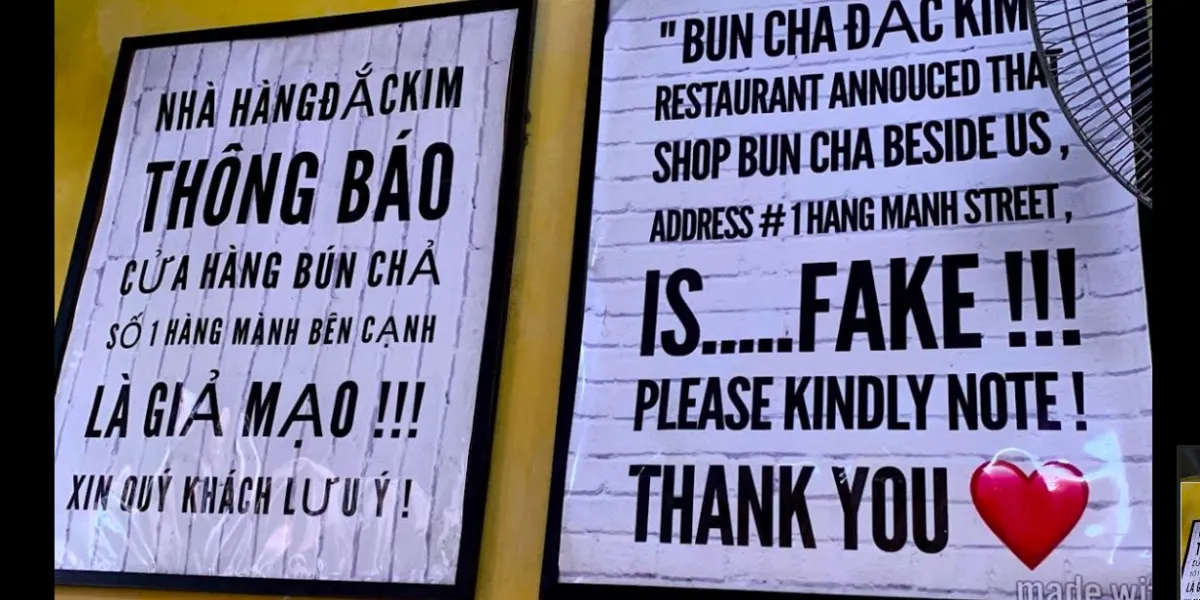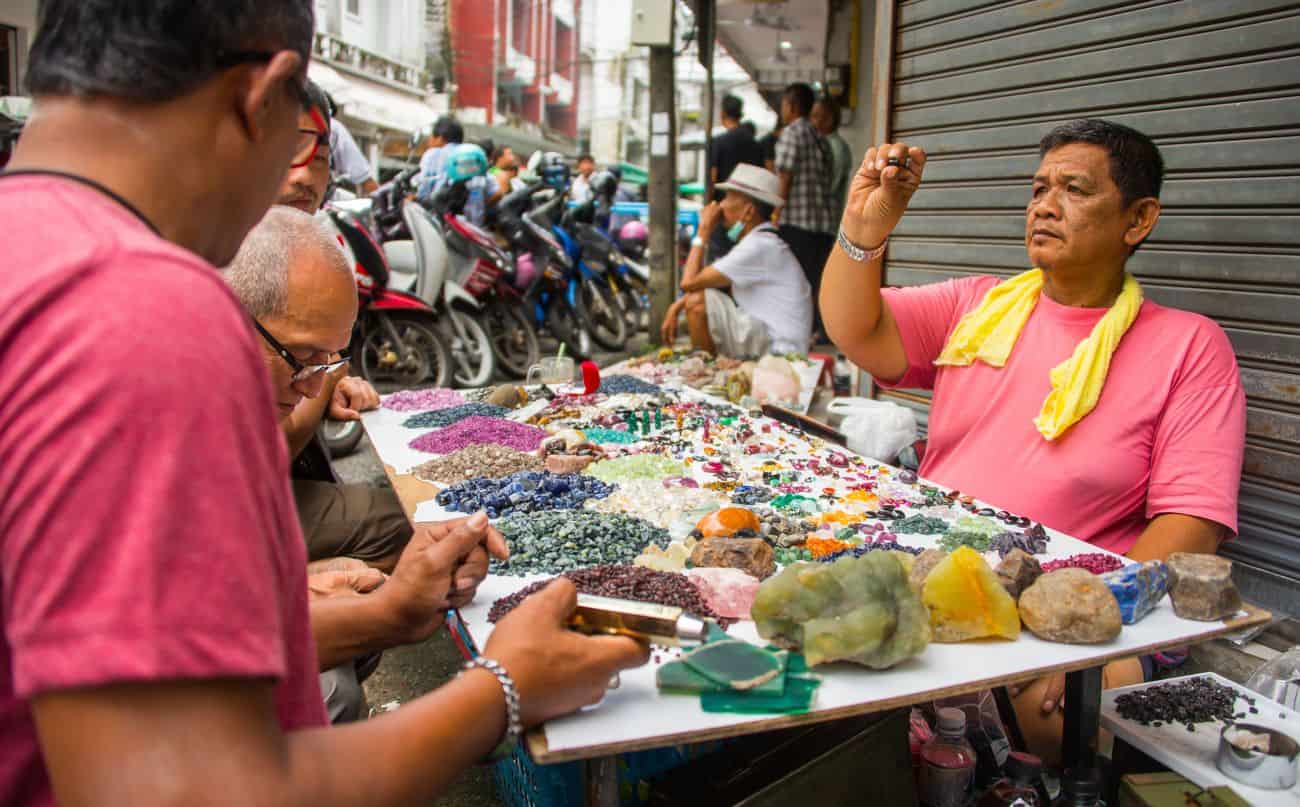Vietnam is a beautiful and vibrant country with a rich culture and history. However, like any popular tourist destination, it is not immune to scams. While most people in Vietnam are honest and welcoming, there are still a few individuals who may try to take advantage of unsuspecting tourists.
It is important for travelers to be aware of the common scams in Vietnam in order to protect themselves and have a safe and enjoyable trip.
Worried about scams? Join 2hive and check with us anytime to avoid possible frauds. We’ll protect you, your families and your wallets.
The “Fake Taxi” Scam
One of the most common scams in Vietnam is the “fake taxi” scam. This scam typically involves unlicensed taxi drivers who prey on unsuspecting tourists. These fake taxi drivers often hang around popular tourist areas and airports, waiting to approach travelers who are in need of a ride. Once the unsuspecting tourist gets into the fake taxi, the driver may take them on a longer route than necessary, or demand an exorbitant fare at the end of the journey.
In some cases, the driver may even take the tourist to a secluded area and demand additional money, or threaten them if they refuse to pay. To avoid falling victim to this scam, it is important to only use reputable taxi companies and to always confirm the fare before getting into the taxi.
| Company | Phone Number | Areas of Operation | Notes |
|---|---|---|---|
| Mai Linh Taxi | 1055 (Nationwide) | Most major cities & provinces | One of the largest, known for green cars. Can be inconsistent in some areas. |
| Vinasun Taxi | (028) 38 27 27 27 (HCMC)
(023) 63 68 68 68 (Da Nang) |
HCMC, Da Nang, some southern provinces | Large company, white cars with red/green stripes. Prices generally okay. |
| G7 Taxi | (024) 32 32 32 32 (Hanoi)
(028) 38 16 16 16 (HCMC) |
Hanoi, HCMC, Hue, some northern provinces | Often used by locals, known for decent service. |
| Taxi Group | (024) 38 53 53 53 (Hanoi) | Hanoi primarily | More common in the north, can be a good alternative to the above. |
Important Notes:
- Ride-hailing apps: Grab and Gojek are extremely popular and often cheaper/more convenient than taxis during non-peak hours. Consider these as your first option, especially in cities.
- Regional variation: Smaller, local companies may be better within a specific city or province. Ask your hotel/locals for recommendations.
Another variation of the fake taxi scam involves drivers who use meters that have been tampered with to overcharge tourists. In this case, it is important to be vigilant and keep an eye on the meter throughout the journey to ensure that you are not being overcharged.
The “Overcharging” Scam
Another common scam in Vietnam is the “overcharging” scam, which often occurs in markets, shops, and restaurants. In this scam, vendors may quote inflated prices to unsuspecting tourists, knowing that they are unlikely to be familiar with the local currency or the true value of goods and services. This can happen with anything from souvenirs and clothing to food and drinks.
In some cases, vendors may even try to charge tourists for items or services that they did not actually receive. To avoid falling victim to this scam, it is important to research the typical prices for goods and services in Vietnam before traveling, and to always negotiate prices before making a purchase.
Another variation of the overcharging scam involves restaurants that add hidden charges to the bill, such as service charges or inflated prices for items that were not ordered. To avoid this scam, it is important to carefully review the bill before paying and to question any charges that seem suspicious.
The “Counterfeit Money” Scam
Counterfeit money is another common scam in Vietnam, particularly in tourist areas. In this scam, vendors may attempt to pass off counterfeit bills as genuine currency when giving change to tourists. This can be difficult for tourists to detect, especially if they are not familiar with the local currency. To avoid falling victim to this scam, it is important to carefully inspect any bills that you receive as change and to familiarize yourself with the security features of the local currency.
Another variation of the counterfeit money scam involves vendors who refuse to accept larger denomination bills, claiming that they are counterfeit. In some cases, they may even switch the genuine bill that you gave them for a counterfeit one and then accuse you of trying to pass off fake money. To avoid this scam, it is important to only use reputable exchange services and to be cautious when handling large amounts of cash.
The “Gemstone” Scam
The “gemstone” scam is another common scam in Vietnam that targets unsuspecting tourists. In this scam, tourists may be approached by individuals who claim to have valuable gemstones for sale at a bargain price. However, these gemstones are often fake or of very low quality, and tourists end up paying far more than they are worth. To avoid falling victim to this scam, it is important to be cautious when approached by strangers offering gemstones for sale and to only purchase gemstones from reputable dealers.
Another variation of the gemstone scam involves individuals who offer to take tourists on a tour of a gemstone factory or showroom, where they are pressured into making a purchase. In some cases, tourists may be shown genuine gemstones at first, only to be presented with fakes when it comes time to make a purchase. To avoid this scam, it is important to be wary of unsolicited offers for tours or purchases and to thoroughly research any gemstone dealers before making a purchase.
Tips for Avoiding Scams in Vietnam
While it is impossible to completely eliminate the risk of falling victim to scams while traveling in Vietnam, there are several steps that tourists can take to minimize their risk:
– Research the common scams in Vietnam before traveling
– Only use reputable taxi companies and always confirm the fare before getting into a taxi
– Negotiate prices before making a purchase and carefully review bills before paying
– Familiarize yourself with the security features of the local currency and carefully inspect any bills that you receive as change
– Be cautious when approached by strangers offering gemstones for sale and only purchase gemstones from reputable dealers
– Be wary of unsolicited offers for tours or purchases and thoroughly research any dealers before making a purchase
By taking these precautions, tourists can reduce their risk of falling victim to scams while traveling in Vietnam and have a safe and enjoyable trip.
Conclusion and Additional Resources
In conclusion, while Vietnam is a beautiful and welcoming country, it is important for tourists to be aware of the common scams that they may encounter in order to protect themselves. By being vigilant and taking precautions, tourists can minimize their risk of falling victim to scams and have a safe and enjoyable trip.
For additional resources on staying safe while traveling in Vietnam, tourists can consult travel guides, online forums, and government websites for up-to-date information on common scams and safety tips. It is also helpful to seek advice from locals or other travelers who have experience in navigating the potential pitfalls of traveling in Vietnam. With careful planning and awareness, tourists can have a memorable and trouble-free experience in this fascinating country.
Originally posted 2024-06-01 04:29:08.




